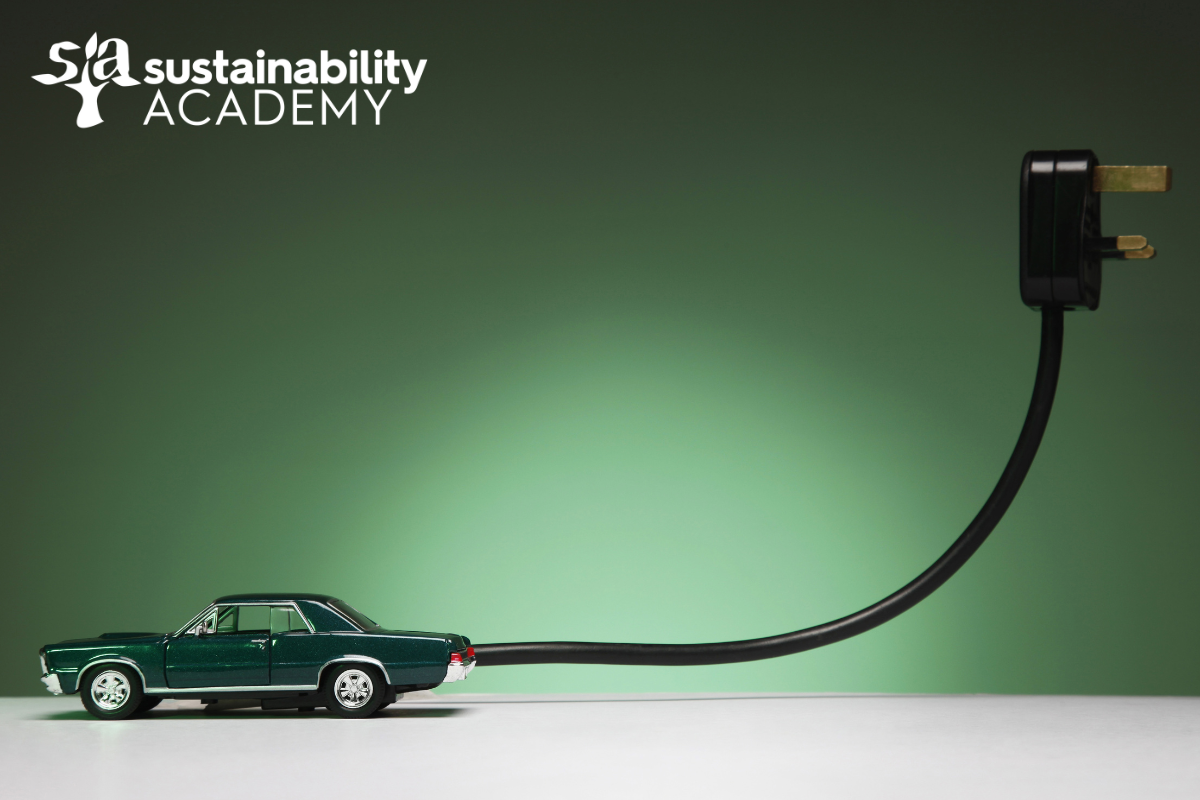When we imagine the future, it tends to be through the lens of our current set of circumstances. However, this is not necessarily accurate. Take lithium-ion batteries and electric vehicles. While it is true that right now the batteries being used in these cars have poorly sourced elements and tend to be short lived, the narrative for this may prove different in the future. The solutions we have now, aren’t necessarily the solutions we’ll end up with in the future. As production of electric cars will likely skyrocket in the next decade, innovation will ensue to generate innovative solutions for the battery supply chain. Humans are consistently improving on new ideas.
So, the question remains: how will this ensue? The current issue with producing lithium-ion batteries is earths abundance and extraction. These batteries not only require lithium, but also cobalt and nickel. All these elements need to be mined, which has devastating effects on local communities and the environment.
While research continues to be conducted, science is not moving fast enough to create a battery that doesn’t require these elements. However, that doesn’t necessarily mean we are still on the path of complete extraction. A new way to get these elements has appeared. It’s called urban mining, which is essentially a fancy word for recycling. Until recently, lithium wasn’t being recycled. Multiple companies have popped up globally that are recovering and reusing lithium and other battery materials, and Li-Cycle, a Canada based company, is one of them.
Approximately 10,000 tons of lithium-ion batteries per year were being recycled as of 2021, or the equivalent of 20-30,000 electric vehicle batteries to put it in perspective. This could potentially increase to hundreds of thousands of tons in the next four years. The industry is moving fast. Considering new legislation and regulations, such as the Inflation Reduction Act, millions of electric vehicles will be produced in the next decade. All these cars will need their batteries replaced and recycled. Keeping this in mind, relying on mining long-term for these elements is not sustainable. We need to be able to keep lithium, cobalt, and nickel in the supply chain circularly to diminish the amount needed from mining.
Li-Cycle’s recycling process (which allows for 95% material recovery efficiency) works like this: huge drums are filled with batteries from cars, trucks, buses, personal items, and devices, and even scraps from battery manufacturers. These batteries go on a conveyor belt into a shredder that separates the different elements of the battery. This “spoke and hub” process produces a black mass (important metals such as lithium, cobalt, and nickel) which is then transferred to a separate facility or hub. There, hydrometallurgy is used, resulting in the recovery of high-purity battery chemicals. This process generates no solid waste, does not impact the atmosphere, and has an overall lower environmental load than traditional recycling processes.
As more electric vehicles hit the road, there will be an increasing amount of material to recycle in the coming decades. While it is cheaper to recycle these materials than mine, they will have to coexist for a while to keep up with increasing demand.
If you are interested in learning more about Circular Economy and Carbon Reduction Strategies, Sustainability Academy provides specially designed self-paced online certified courses for professionals who want to gain all the latest tools, legislative development and a unique knowledge in a practical manner.

